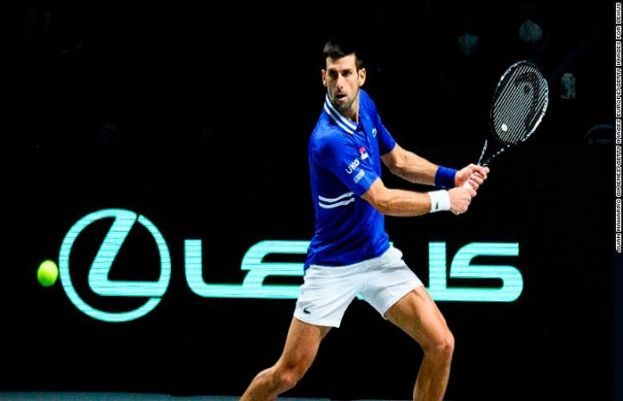
Judge Anthony Kelly ordered Djokovic be freed within 30 minutes and his passport and other personal documents returned to him, rekindling the world number one's bid to win a record 21st Grand Slam title at the upcoming Australian Open.
Kelly, who earlier in proceedings had criticised the hours-long questioning of Djokovic at Melbourne's airport when he landed on Wednesday, said both the interview and the visa cancellation "was unreasonable".
Djokovic was not given enough time to speak to tennis organisers and lawyers to respond fully after he was notified of the intent to cancel his visa, the judge said.
Lawyers for the federal government told the court the country's immigration minister was reserving the right to exercise his personal power to again revoke Djokovic's visa.
After confirming that such a step, if taken, would bar Djokovic from the country for three years, Kelly warned the government lawyers that "the stakes have now risen, rather than receded."
Spokespeople for the minister, Alex Hawke, did not immediately respond to requests for comment.
Djokovic's plight has been closely followed around the world, creating political tensions between Belgrade and Canberra and sparking heated debate over national vaccination mandates.
Djokovic, 34, has been held in an immigration detention hotel alongside long-term asylum seeker detainees since Thursday. He was at his lawyers' chambers on Monday to hear the ruling, which included the government being ordered to pay his costs.
His lawyers argued that a recent COVID-19 infection qualified Djokovic for the medical exemption from a requirement for non-Australian citizens entering the country to be double vaccinated.
The Australian government, however, had argued non-citizens had no right of guaranteed entry to Australia and questioned his claimed exemption.
No comments:
Post a Comment